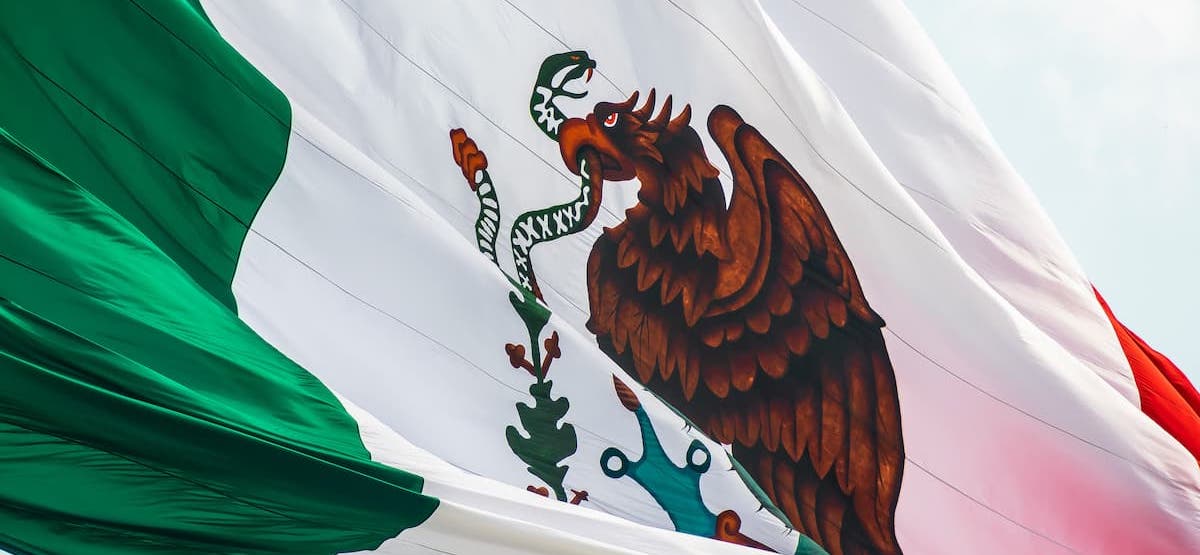We often overlook the factors that enable the Internet to accommodate a wide range of applications, from real-time surgeries to viral memes, and individual expression. Some of those factors are technical and some are policy.
A critical policy issue that has shaped the evolution of the Internet is the question: should websites and other online services be held liable for content that users post? Should those sites be allowed to make decisions about moderating that content—or not—without the fear of crippling legal implications of those decisions? In the United States, these “intermediaries” are protected under a legal provision referred to as “Section 230” (a section of U.S. communications law). But not all countries have strong protections for intermediaries hosting or transmitting users’ content.
Last week, we filed an amicus brief before the Supreme Court of Mexico in a case referred to in English as Richter v. Google (more formally Amparo Directo number 8/2023, under prosecution before the First Chamber of the Supreme Court). We offered our perspective on the importance of upholding protections for intermediaries from liability for user-generated content, including protection for their content moderation decisions, for the Internet and its users.
Just as if a telephone company were responsible for what their customers said over the phone, it would clearly be impossible for them to offer phone service; or at least they would have to monitor each conversation and stop them if their customers were discussing things that could result in the telephone company being liable. This is directly analogous to online services, especially those that allow users to upload creative content, comment on current news events, and, in general, participate in conversations happening online.
You can read our brief in Spanish or English.
This case concerns Google’s responsibility and liability with respect to an alleged defamatory post by a user displayed on the Google Blogger platform and Google’s decisions concerning that content.
If the Supreme Court of Mexico’s judgment goes against Google, it could create an environment where intermediaries no longer feel safe regarding their legal position for user content and may not be willing to risk providing services where users participate, generate, and contribute their own content. This could jeopardize the Internet ecosystem in Mexico and result in a much less vibrant, rich, and creative online experience for Mexicans.
Our amicus brief explores the intermediary issues in detail. We outline key characteristics of the Internet as a communications medium, the role of intermediaries and why it is so important that they be protected from liability for user content. We explore the risks to the Mexican economy, as well as how the decision would affect the fundamental rights of people in Mexico to freedom of opinion and expression online. We also describe how intermediaries of all types rely on content moderation to build online communities and enable connections and communication. We also highlight lower court decisions that protected intermediaries, including in one case the popular Mercado Libre site.
While Mexico does not have an express statutory protection for intermediaries like the U.S. section 230, while this court case has been underway, the Mexican government agreed to protect intermediaries from liability for user-generated content in a trade agreement with Canada and the U.S.
The Internet is at its best when individuals worldwide can connect with each other and safely and usefully share information and ideas. Without basic protections from liability for Internet intermediaries, we would not have the robust engagement of hundreds of millions of Mexicans and individuals around the world, nor would we have the innovation in services that has created the success of the global digital economy.
In our amicus brief, we asked the Supreme Court of Mexico to ensure that intermediaries continue to be able to allow users to publish content, and to perform content moderation, without fear of liability. We look forward to seeing how the Court rules in this case.
Learn more about our Amicus Program where we seek to give the Internet a voice in the courts.
Image © Jorge Aguilar on Unsplash


